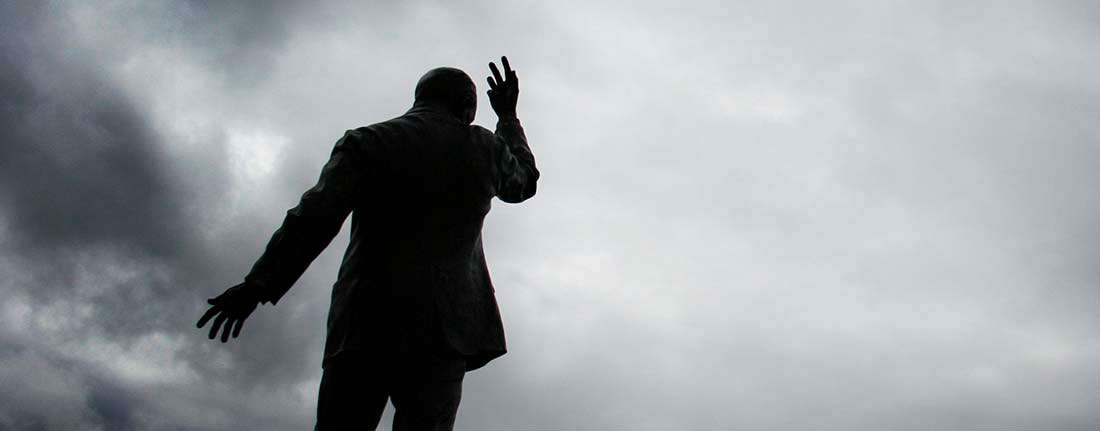
Wednesday 11 March 2015
Dealing with the past was always going to be a difficult task in Northern Ireland. Nevertheless, many would argue that it is a necessary part of the reconciliation process. On Wednesday a debate was held in the University of Ulster’s Belfast campus, in order to examine what role historians can play in addressing the legacy of the Troubles. Dr Grainne Kelly chaired a panel which consisted of two academics from the University of Ulster, Dr Adrian Grant and Dr Cillian McGrattan as well as Susan McKay, a writer who worked as a journalist during the Troubles.
The Stormont House Agreement and dealing with the past: This was certainly a timely debate given the current sense of political crisis. Indeed, all of the speakers commented on the irony that the political institutions were currently under threat because of fiscal issues, rather than the usual problems associated with dealing with the past. The Stormont House Agreement included a commitment to establish an oral history archive which is to provide a central place for people from all backgrounds to share their experiences of the Troubles. A research project is also to be established as part of the archive, led by academics to produce a factual historical timeline and statistical analysis of the Troubles.
Can historians truly be objective? Dr Adrian Grant opened the debate by asking whether historians are the right people to take a lead role in addressing the legacy of the Troubles. The wider debate as to how History can be defined has been raging for some time. According to one school of thought, History is a scientific process which revolves around collating facts. If this interpretation is to be believed, then it is possible to be objective to find real historical truth. On the other hand, some would argue that History is merely an art form whereby historians present their own interpretation of the past. Grant acknowledged that historians have their own biases but on the whole he believed that they do try to be objective. After all, it would be unethical to ignore evidence. He pointed out that historians are not always conscious that they are presenting information in a biased way but warned that they would not find contradictory sources if they are not looking. With regards to an analysis of the Troubles, Grant maintained that it was a bad idea for historians to write with a view to helping with the reconciliation process, rather they should simply do their job.
Could an oral history archive bring us any closer to the truth? The discussion swiftly moved on to Dr Cillian McGrattan, who questioned whether an oral history archive can really bring us any closer to the truth. The Stormont House Agreement stated that the proposed oral history archive will ‘attempt to draw together and work with existing oral history projects.’ McGrattan however, stated that although he was aware of storytelling he was unaware of any active oral history projects in Northern Ireland at the moment. Thereby making what has been proposed impossible. While McGrattan did not have any issue with oral History he did have reservations about storytelling which was problematic because it is not subject to peer review. He also raised doubts over whether a voluntary archive could really be inclusive. Based on statistics of those responsible for deaths during the Troubles, one group would still dominate the storytelling.
History written by journalists: The journalist Susan McKay offered an alternative perspective on the writing of History. She voiced the opinion that journalists write the first draft of History and that historians clean it up afterwards. McKay did not believe that there could be such a thing as objective history especially regarding something as contentious as the Troubles. Even at present certain narratives are being resisted. In contrast to Dr McGrattan, she argued that storytelling should be seen as a valid source of information even though it is not held up to peer review. This turned out to be a rather lively point of discussion.
At end of the debate the floor was opened to the audience for questions and observations. Clearly the topics of discussion had stirred people’s interest. One gentleman commented that in the future it would be necessary to break down the boundaries between historians, journalists and those recounting their memories. Another gentleman proclaimed that he would be uncomfortable with the notion of historians being regarded as sacred keepers of the truth. One thing was for certain, an hour was not a sufficient amount of time to debate all of the important issues concerning the role of historians in dealing with the past in Northern Ireland.
Alison Martin
Photo: Annalisa Antonini/CC BY-NC 2.0